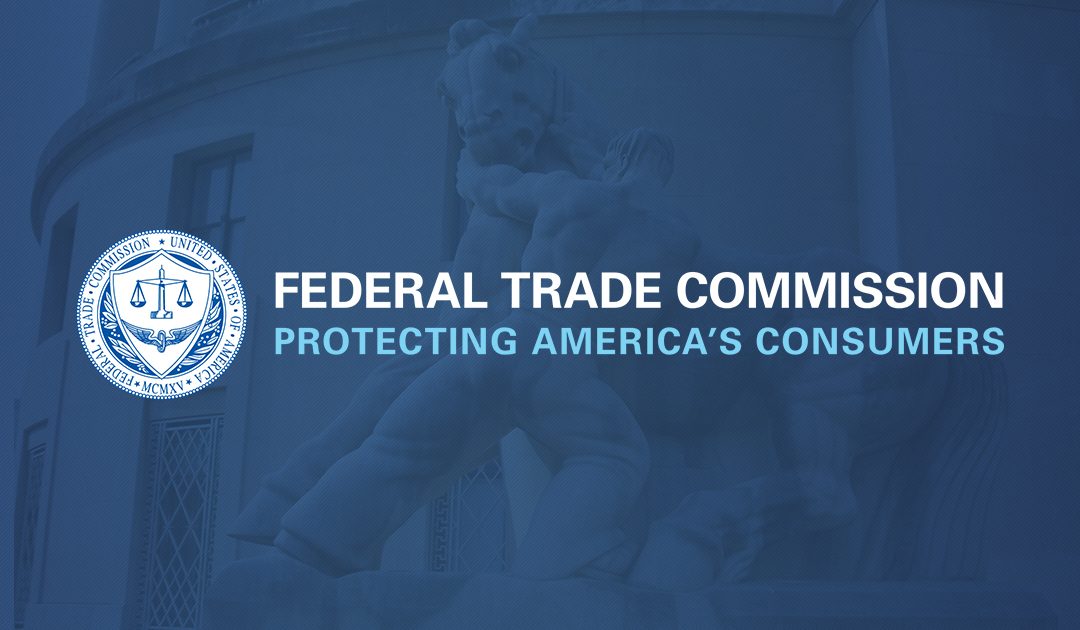
by Scott Muniz | Feb 4, 2021 | Security
This article was originally posted by the FTC. See the original article here.
In 2018, we told you about Simple Health, a group of companies that the FTC says tricked people into signing up for what the companies told them was comprehensive health coverage that met Affordable Care Act standards. Instead, people wound up with premiums as high as hundreds of dollars a month for coverage the FTC says was nowhere near the full, ACA-qualified coverage Simple Health promised. And as some of its customers were stuck with thousands of dollars in medical bills, Simple Health collected more than $195 million because of its deception, according to the case.
Today, the FTC announced a proposed settlement with Simple Health’s Chief Compliance Officer that, among other things, would ban her from advertising, marketing or selling any healthcare-related products. The settlement includes a monetary judgment of $195.5 million, which is suspended due to the defendant’s inability to pay. The FTC’s litigation against the other defendants is ongoing.
Before you sign up and pay for health coverage, protect yourself by finding out what you’re really getting versus what the plan advertises. That’s info you can use in the Special Enrollment Period for health care coverage, open from February 15 – May 15, 2021, which we just told you about earlier today. And if you find out about dishonest marketing practices, report it to the FTC at ReportFraud.FTC.gov.
Brought to you by Dr. Ware, Microsoft Office 365 Silver Partner, Charleston SC.
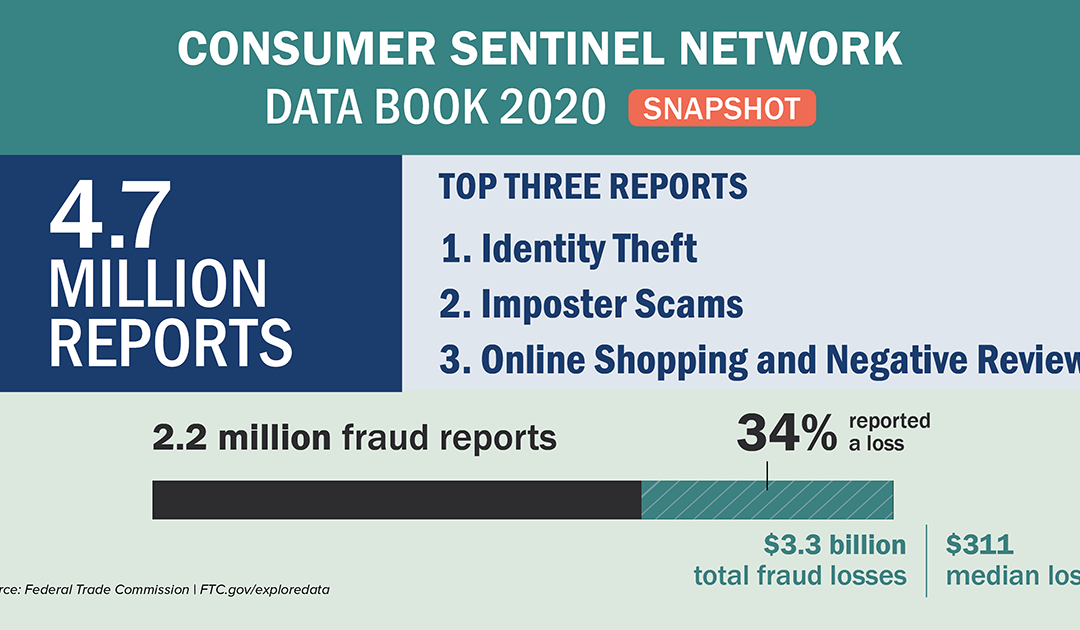
by Scott Muniz | Feb 4, 2021 | Security
This article was originally posted by the FTC. See the original article here.
2020 was a tough year. Between the pandemic and the economic crisis, we all had our hands full. And scammers didn’t take any time off either — 2020 was a busy year for fraud. In 2020, the FTC got more than 2.2 million reports about fraud, with people telling us they lost nearly $3.3 billion.
Here’s what we heard from you in 2020:
- The top fraud of 2020 was imposter scams. Scammers showed up wearing many different hats — from that of a government official, to a known business, to a dear family member or friend. The FTC got nearly 500,000 reports of imposter scams, and people reported losing a lot of money to these scammers: $1.2 billion, with a median loss of $850. Government and business imposter scams were also among the top categories of COVID-19 and stimulus related reports, proving once again, that scammers follow the headlines.
- Online shopping and negative reviews was the second most reported fraud category of 2020. With the pandemic came an increase in online shopping, and then a wave of reports about sellers failing to deliver on promises — or just failing to deliver, period. The FTC got more than 350,000 reports, with people telling us lost a total of more than $245 million, with a median loss of about $100.
- The phone is still the top way that scammers are reaching us — both through phone calls and text messages. In fact, there was a sharp increase in the number of reports saying that scammers contacted them by text message. And, not surprisingly, many of these text messages were related to the pandemic. We heard about text message scams luring people to click on links with promises of stimulus relief, economic relief or loans for small businesses, or “waiting packages.”
We can only fight scammers with your help. When you report to the FTC, your report is instantly available to more than 3,000 federal, state, and local law enforcers across the country who are looking to fight fraud. If you’ve spotted a scam, tell us at ReportFraud.ftc.gov.
Brought to you by Dr. Ware, Microsoft Office 365 Silver Partner, Charleston SC.
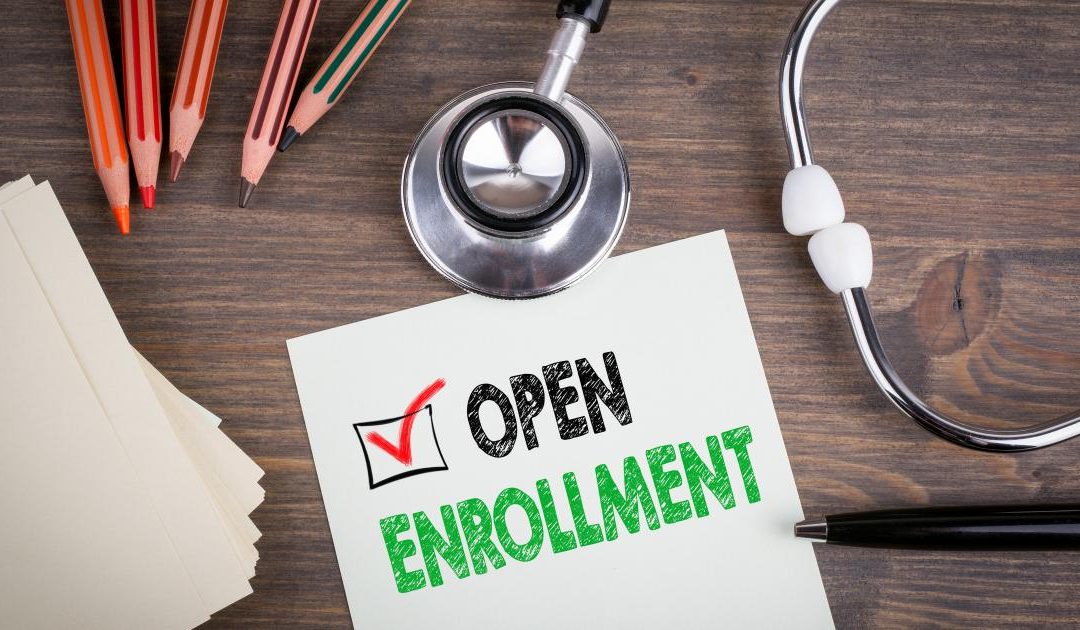
by Scott Muniz | Feb 4, 2021 | Security
This article was originally posted by the FTC. See the original article here.
The Coronavirus pandemic has not only had a dramatic health impact, but also an economic blow as many Americans are now unemployed — and uninsured. As a result, the U.S. Department of Health and Human Services (HHS) has re-opened HealthCare.gov for a “Special Enrollment Period,” from February 15, 2021 – May 15, 2021. This Special Enrollment Period will give people who need health care coverage the chance to sign up. But it also gives scammers a new chance to call, email, send letters and texts, trying to get your money — and your personal and financial information.
Scammers know you have questions about the special enrollment, and they’re taking advantage of that to mislead you.
Here are some things to know to help keep your money and personal information safe, while getting the insurance coverage you need:
- No one from the government will call you about health insurance, or ask you to verify your Social Security number or financial information. People who do are scammers.
- People who offer legitimate help with the Health Insurance Marketplace — sometimes called Navigators or Assisters — are not allowed to charge you for their help. If someone asks you for payment, it’s a scam.
- People representing Affordable Care Act plans won’t contact you by phone, email, or in person unless you are already enrolled.
- If you’re planning to sign up for insurance under the Affordable Care Act, do it at HealthCare.gov. People who try to sign you up elsewhere just might be scamming you.
Suspect a scam? Let the FTC know at ReportFraud.ftc.gov. Your reports give us the information we need to launch investigations, and put scammers out of business.
Stay connected to stay informed. Subscribe to consumer alerts from the FTC. When you do, you’ll get updates delivered right to your email inbox.
Brought to you by Dr. Ware, Microsoft Office 365 Silver Partner, Charleston SC.
by Scott Muniz | Feb 4, 2021 | Security, Technology
This article is contributed. See the original author and article here.
Cisco has released security updates to address vulnerabilities in Cisco products. An attacker could exploit some of these vulnerabilities to take control of an affected system.
CISA encourages users and administrators to review the following Cisco Advisories and apply the necessary updates. For updates addressing lower severity vulnerabilities, see the Cisco Security Advisories page.
by Scott Muniz | Feb 3, 2021 | Security, Technology
This article is contributed. See the original author and article here.
Google has released Chrome version 88.0.4324.146 for Windows, Mac, and Linux. This version addresses multiple vulnerabilities that that an attacker could exploit to take control of an affected system.
CISA encourages users and administrators to review the Chrome Release and apply the necessary updates.




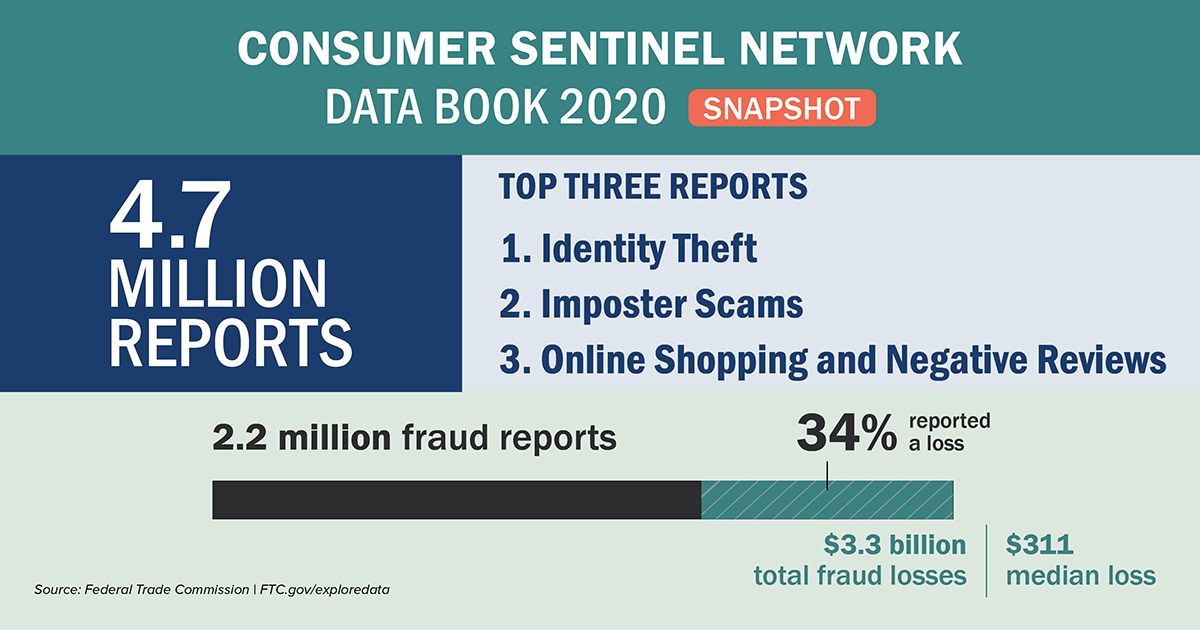

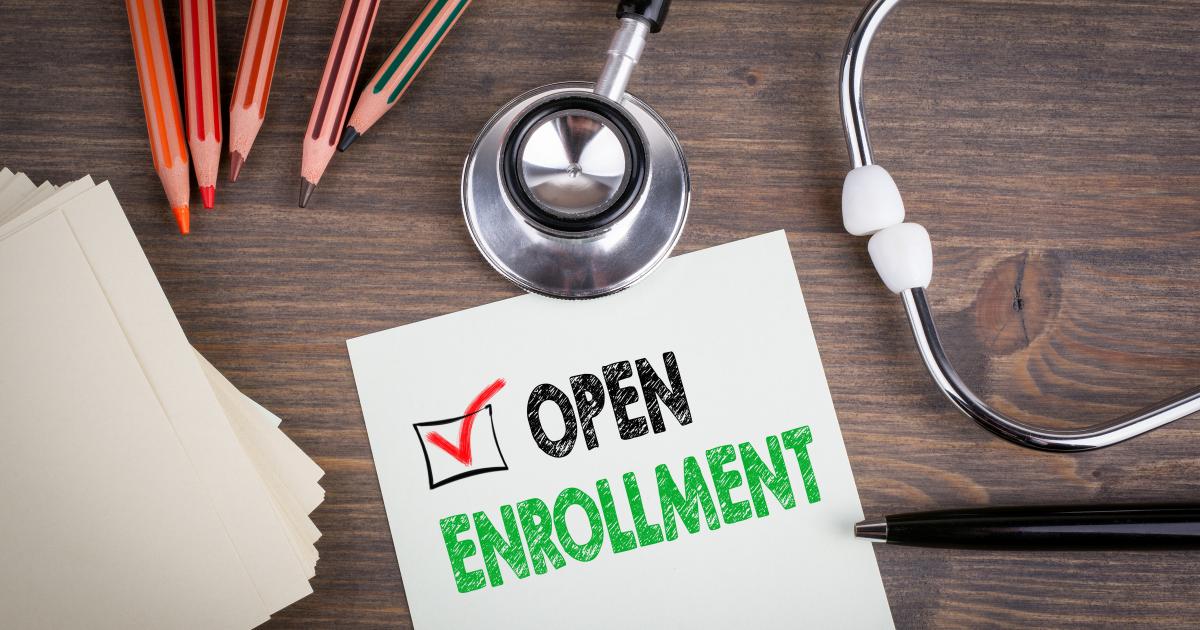

Recent Comments